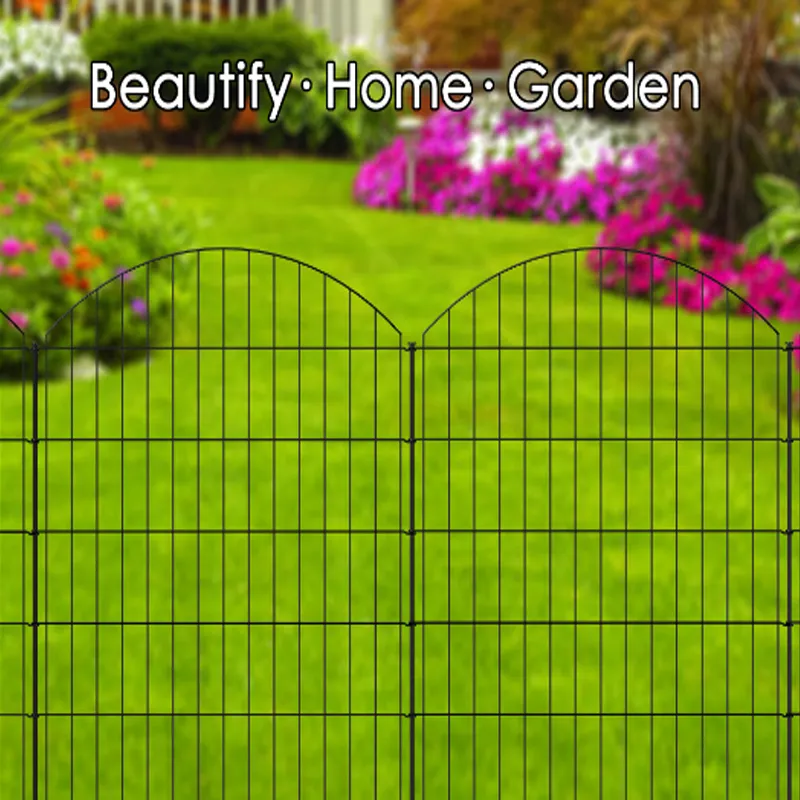Understanding the Costs of Gabion Rock Walls
Gabion rock walls have gained popularity in landscape and civil engineering due to their structural integrity and aesthetic appeal. These walls consist of large wire mesh cages filled with rocks, stones, or other materials, creating a durable barrier that can withstand various environmental pressures. As the demand for gabion rock walls continues to rise, understanding the associated costs is crucial. This article aims to provide a comprehensive overview of the factors that influence the cost of gabion rock walls.
What are Gabion Rock Walls?
Before diving into the costs, it's essential to understand what gabion rock walls are. Gabions are essentially wire mesh containers filled with rocks used for various purposes, including erosion control, stabilization of slopes, and creating decorative walls. Their design allows for flexibility and drainage, making them suitable for various environments. Gabion walls can be used in residential landscaping, commercial developments, and even large-scale civil engineering projects.
Factors Influencing the Cost
1. Material Costs
The primary cost factor in constructing a gabion rock wall is the materials. The key components include the wire mesh and the fill material (usually rocks). The type and quality of the mesh can vary significantly in price
- Wire Mesh Galvanized steel mesh is commonly used due to its durability and resistance to rust. Prices can range from $1 to $3 per square foot, depending on the thickness and quality. - Fill Material The most common filling is natural stone, which can vary in price by type and local availability. Prices can range from $10 to $100 per cubic yard, depending on the rock type, with boulders typically being more expensive than gravel.
2. Labor Costs
While some people may choose to install gabion walls themselves, hiring professionals to ensure proper installation is advisable. Labor costs can vary widely based on geographical location, project complexity, and contractor experience. On average, labor costs can range from $30 to $100 per hour, and a full gabion wall installation may take several hours or days, depending on the wall's size.
gabion rock wall cost

3. Wall Size and Design
The dimensions of the gabion wall significantly impact the overall cost. A larger wall requires more materials and labor, thus increasing the cost. Gabion walls can be constructed in various shapes and designs, and custom designs may incur additional charges. Straight walls tend to be simpler and less costly, while more complex designs, such as curves or decorative features, may significantly increase the price.
4. Site Preparation and Additional Features
The site where the gabion wall will be constructed may require preparation work, which can add to the overall cost. This may include clearing vegetation, leveling the ground, and possibly adding drainage systems. Additionally, if the wall is intended for landscaping purposes, other features like lighting, planting, or seating areas can further add to the cost.
5. Location and Transportation Costs
The location of the project heavily influences material and labor costs. In remote areas or places with limited access to resources, transportation fees can add considerably to the total expense. Moreover, local regulations and construction codes may impose additional requirements, which could also affect costs.
Estimated Costs
To give you a rough idea, a typical gabion rock wall installation might cost between $30 to $70 per square foot, including both materials and labor. For instance, a 50-foot-long wall that is 3 feet high could range from $4,500 to $10,500, depending on the factors mentioned above.
Conclusion
Gabion rock walls offer a valuable solution for erosion control, landscaping, and retaining walls, combining function with aesthetic appeal. However, the costs can vary widely based on material choices, labor, design, and site conditions. When planning a gabion wall project, it is essential to factor in all these elements to arrive at an accurate budget. By understanding the factors that influence costs, you can make informed decisions that will best suit your project needs while ensuring a durable and visually pleasing result. Whether you are a homeowner, a contractor, or a developer, gabion rock walls remain a practical and cost-effective choice.
















